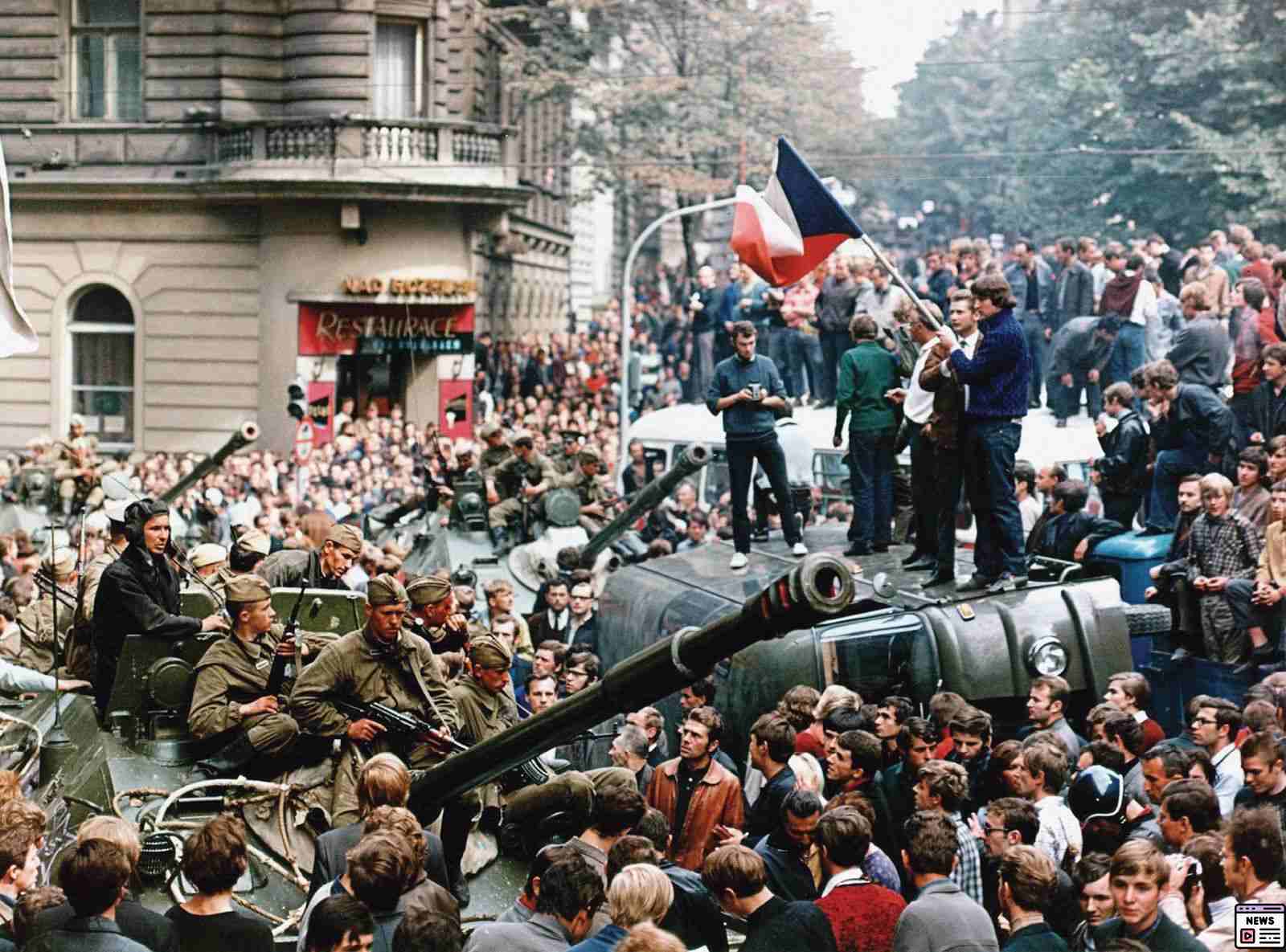Updated on: October 8, 2024 4:41 pm GMT
The heads of the United States and United Kingdom’s intelligence agencies have warned that the global order is facing unprecedented threats reminiscent of the Cold War era. William Burns, the Director of the CIA, and Sir Richard Moore, the chief of MI6, conveyed their concerns in a joint op-ed published in the Financial Times, asserting a united front against Russian aggression in Ukraine.
During a recent public appearance at the FT Weekend Festival in London, the intelligence chiefs highlighted their collaborative efforts to address a wide array of threats, including Russia’s activities in Ukraine, the conflict in the Middle East, and the rising challenge posed by China. Their remarks emphasize the importance of international cooperation in preserving global stability.
Nature of Current Global Threats
In the op-ed, Burns and Moore articulated that the ongoing situation has profoundly destabilized the “balanced system that has led to relative peace and stability.” They highlighted the complexities of the current international landscape, stating, ”There is no question that the international world order is under threat in a way we haven’t seen since the Cold War.” They believe that combating this risk is essential to the special relationship that exists between the UK and the US.
Impact of Ukraine’s Kursk Offensive
The recent successful military actions by Ukraine, particularly the offensive in the Kursk region, were characterized as a significant tactical achievement by Burns. He noted that this development has helped bolster Ukrainian morale and raised questions among the Russian elite regarding the long-term objectives of their involvement in the conflict. “It has raised questions … across the Russian elite about where is this all headed,” Burns remarked.
Moore described the Kursk maneuver as “typically audacious,” indicating that it not only represented a shift in the battlefield dynamics but also exposed key vulnerabilities within the Russian military framework. As Ukraine continues its push against Russian forces, calls for increased Western support, including weapon supplies, have intensified. However, both intelligence leaders warned against the potential for escalation stemming from such military support.
Challenges and Responsiveness in the Ukraine Conflict
While acknowledging the risks associated with escalation, Burns emphasized the importance of staying committed to aiding Ukraine. “None of us should take lightly the risks of escalation,” he cautioned, referencing a period in late 2022 where there was a palpable concern regarding Russia’s potential use of tactical nuclear weapons in response to battlefield setbacks.
In a demonstration of proactive security strategy, Burns mentioned that he relayed critical messages to Russian officials regarding the consequences of any nuclear engagement, reiterating that while the threat exists, ensuring the safety of European and American allies must take precedence. “Putin’s a bully. He’s going to continue to sabre rattle from time to time,” he said, signaling a call for resilience against intimidation.
Russian Intelligence Operations and Their Implications
The discussion at the festival also touched on the shifting behavior of Russian intelligence services. Moore noted that the increased activity of these agencies, often employing criminal elements for covert operations, suggests a state of desperation. He stated, “Russian intelligence services have gone a bit feral in some of their behaviour,” highlighting the reckless nature of these operations and their potential danger, even if they appear amateurish.
Both chiefs are advocating for continuous support for Ukraine, insisting that “staying the course is more vital than ever.” They reflect a mutually held belief that Russian President Vladimir Putin “will not succeed” in his goals, reinforcing the resolve of both nations in the face of Russian aggression.
Broader Geopolitical Concerns
Aside from the conflict in Ukraine, Burns and Moore identified the rise of China as a critical geopolitical challenge for this century. They indicated that intelligence organizations are restructuring to accommodate the shifting focus towards countering Chinese influence and behavior on the global stage. The intelligence chiefs underscored the need for proactive collaboration in countering malicious activities and misinformation stemming from hostile state actors.
Moreover, they also discussed ongoing efforts to promote restraint and de-escalation in the Middle East, an objective they described as “ceaseless.” Burns elaborated on the negotiations surrounding ceasefires and hostage situations, expressing a belief that upcoming proposals might soon provide a pathway towards peace. He stated, “This is ultimately a question of political will,” emphasizing the importance of commitment from leaders on both sides.
Conclusion: Navigating Uncertain Waters
The dialogue between the CIA and MI6 heads illuminates the multifaceted nature of current global tensions, driven by military conflicts and intelligence challenges. Their united stance reflects a broader commitment to uphold international norms and stability amidst growing chaos. While the shift in the battlefield dynamics in Ukraine raises questions for the Russian elite, it serves as a reminder for allies of the long road ahead in confronting the threats posed by aggressive state actions and the emerging geopolitical landscape.
Stay tuned for updates on how countries work together in intelligence, foreign policy, and global security by checking out the CIA and MI6 on their social media pages.
